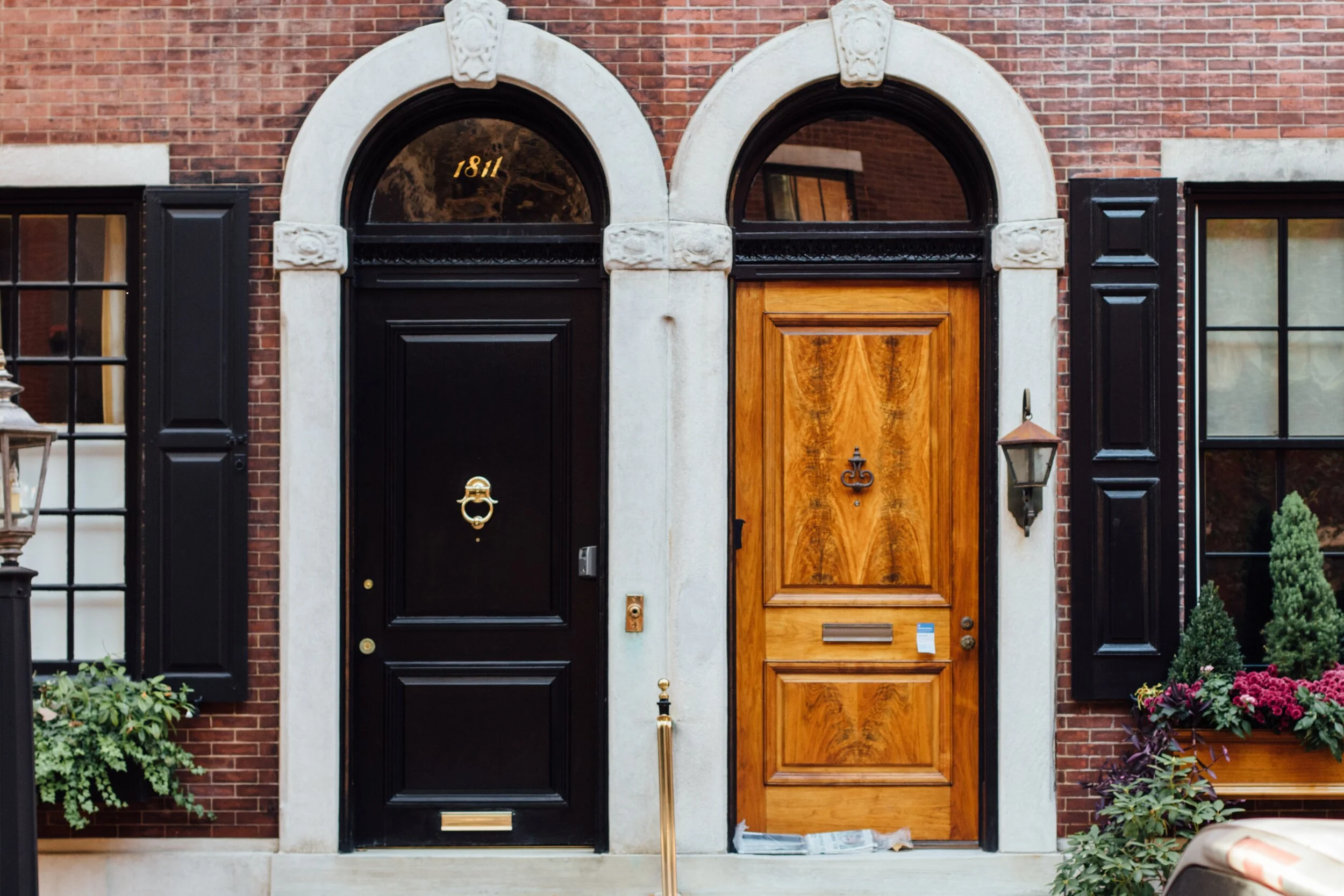Being a landlord in Philadelphia can provide a steady source of income… when you know what you’re doing. If it’s your first time renting out a property, however, making sure that you are staying compliant with city regulations can be an involved process. In order to avoid any bumps in the road, it is important to work with a trusted real estate partner who can guide you from start to finish.
Here at Q&U, we strive to provide our clients and partners with all the resources they need to succeed. To ensure smooth sailing, we’ve compiled a step-by-step guide on becoming a Philadelphia landlord. While this is not an exhaustive list, this guide should be enough to get your feet on the ground:
Find a Reliable Tenant
Above all, it is crucial to screen tenants in order to ensure a positive landlord-tenant relationship. Our team can help to screen potential tenants at no cost through our rental application process.
Obtain Rental License
An important step to becoming a successful city landlord is obtaining your rental license. After paying a $55 fee per unit, allow us to guide you through this process, or refer to the phila.gov website for more information on how to get started.
Provide Tenant with Copy of “Protect Your Family From Lead in Your Home”
Provide Tenants with a Copy of “Partners For Good Housing” Booklet
Provide Tenant with Lead Certificate - if there are children under 6 in the home and the property was built prior to 1978
In order to procure this certificate, you will have to hire a lead inspector. We have been happy with the work of F & L Lead Dust Inspectors LLC who charge between $75-200 depending on property size.
Provide Tenant with Rental Suitability Certificate
No need to worry about shelling out money for another form. The issued statement includes information on the unit’s operating systems and safety measures.
This certificate is free to obtain, however, you must wait 48-72 hours after you receive a rental license to apply.
Apply for PGW Landlord Co-Op
The residential Landlord Cooperation Program (LCP) is offered by PGW to Philadelphia’s landlords. Property owners who provide full and complete cooperation and compliance with LCP receive notifications when PGW is asked to shutoff gas, needs to perform service work and when there is collection-related activity at their properties.
To partner with our team or learn more about the Philadelphia rental process, reach out today. We are always happy to help.

